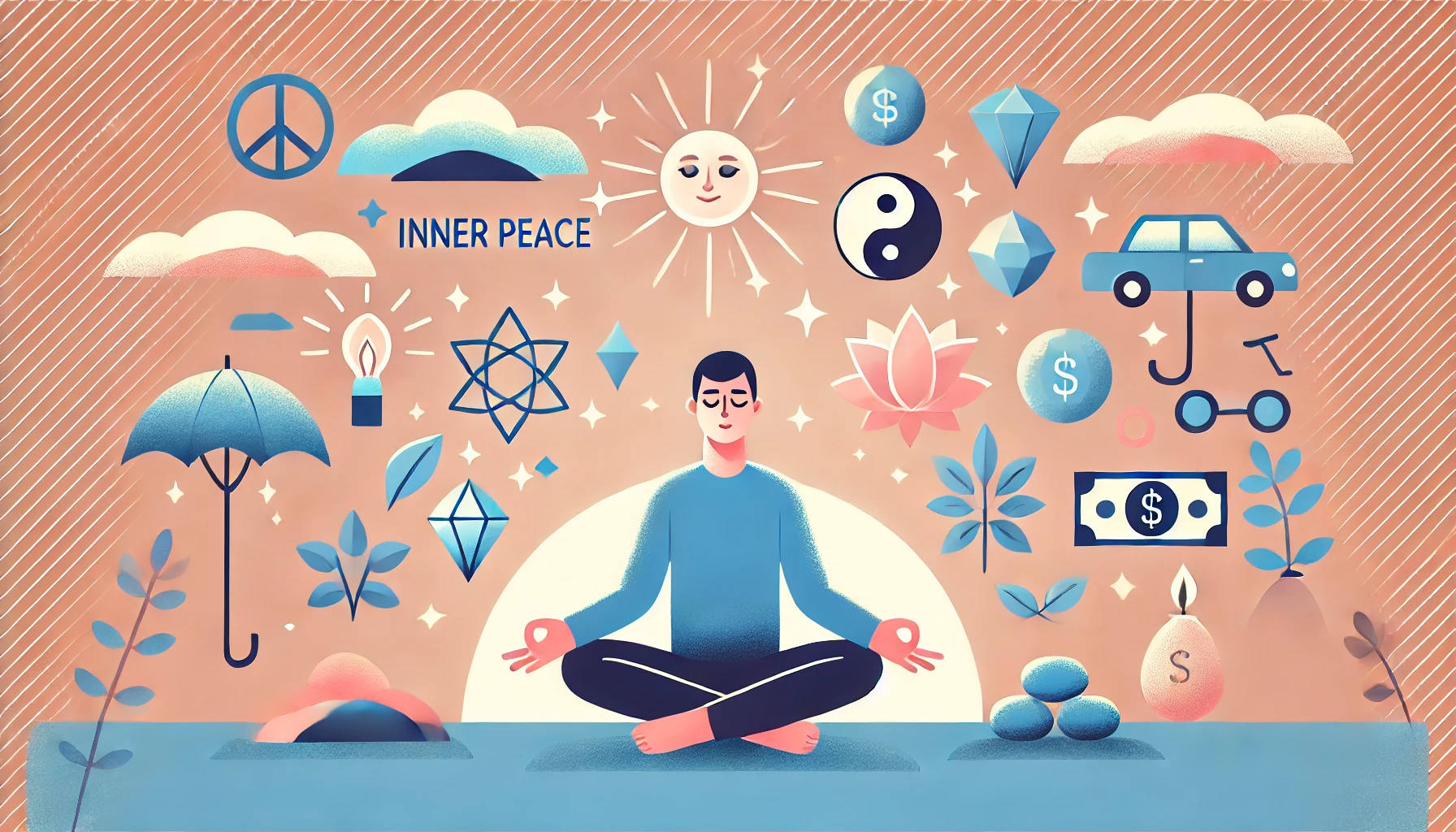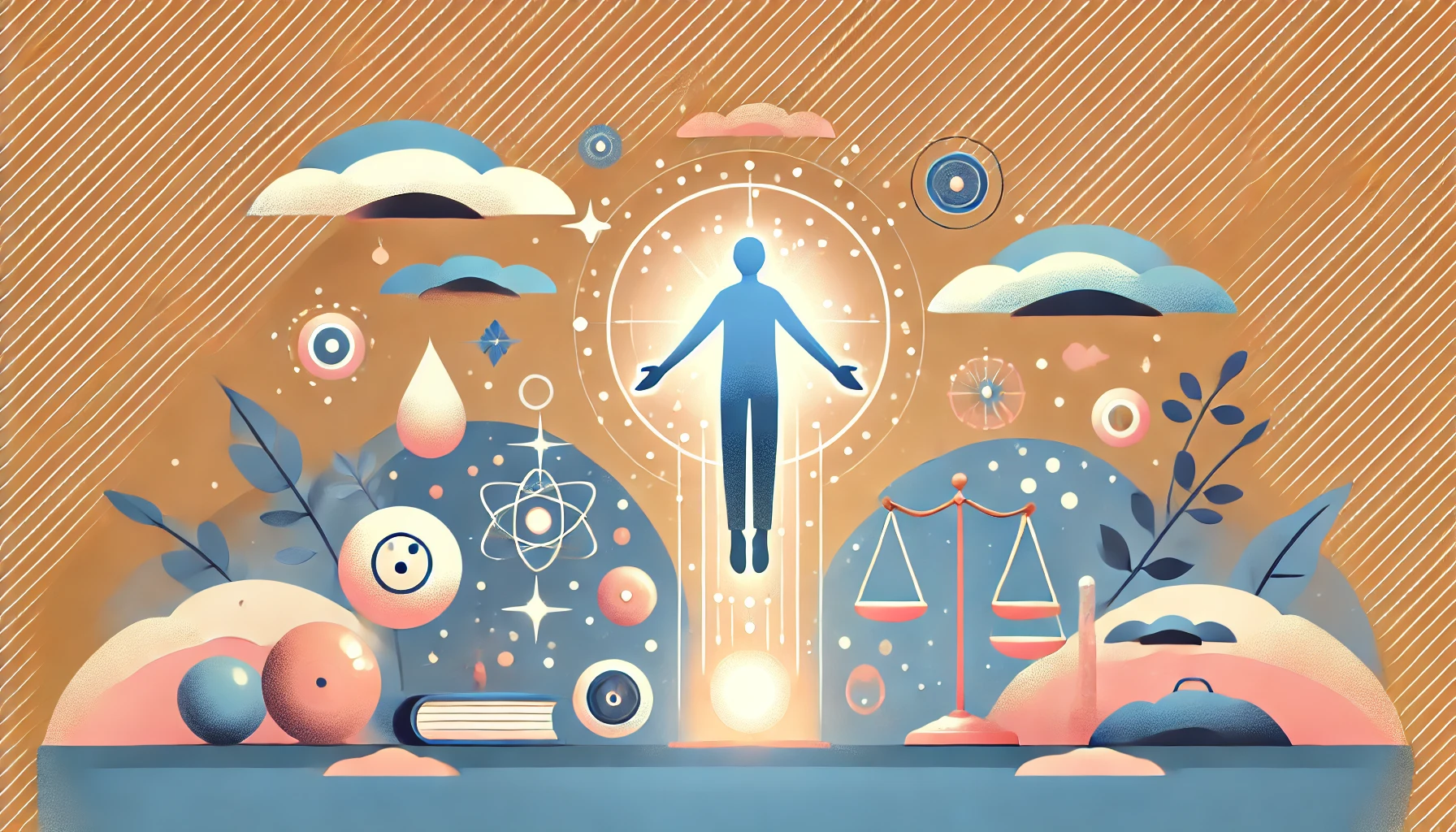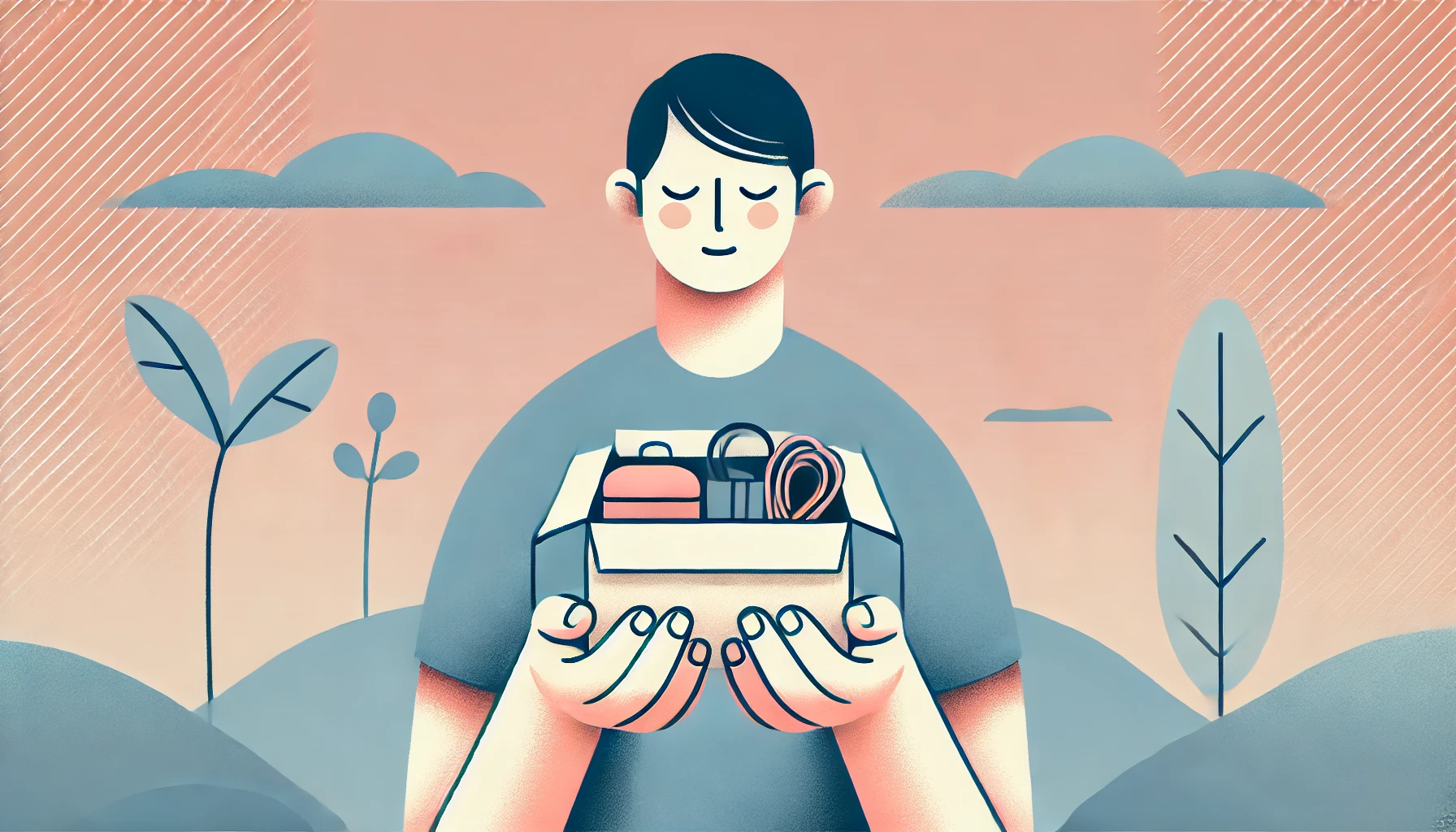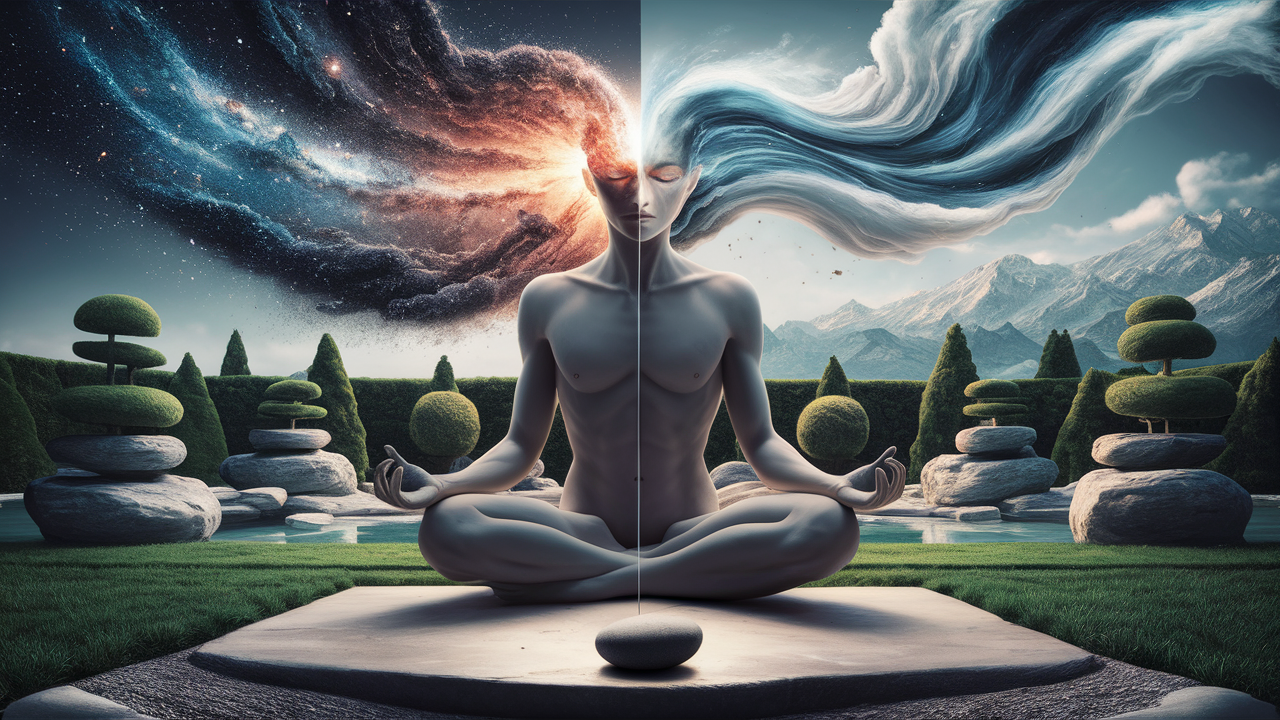In a world driven by the relentless pursuit of material wealth, finding inner peace and resilience can seem like an uphill battle. Yet, Param Gurudev Namramuni Maharaj’s teachings offer a beacon of hope, guiding us to cultivate mental strength by shedding material attachments. This article explores his profound wisdom, presenting practical steps and spiritual insights to help you achieve a harmonious and fulfilling life. Discover how his timeless guidance can transform your journey towards balance and inner serenity.
Inner Peace and Materialism

In the journey of life, the essence of our existence and the material possessions we gather play significant roles in shaping our mental and spiritual well-being. Our soul, inherently pure and divine, often becomes entangled with the material world, creating attachments that can obscure our true purpose and inner peace. By understanding and minimising these attachments, we can cultivate a state of inner tranquillity and resilience.
The Essence of the Soul and Material Attachments

From birth, we are conditioned to accumulate material possessions, believing they bring us happiness and security. However, true happiness lies not in the abundance of possessions but in the contentment that comes from within. Our soul, the core of our being, is meant to experience freedom and joy, unburdened by the weight of material attachments. Recognizing this intrinsic nature of the soul is the first step towards detaching from material dependencies.
Understanding the Nature of Material Desires
As we progress spiritually, the need for material possessions diminishes, leading to a more profound connection with our soul. Reducing material desires is a crucial step in this journey. By focusing on spiritual growth and inner contentment, we shift our attention from external acquisitions to internal fulfilment. This shift allows us to experience a deeper sense of peace and purpose in life.
The Relationship Between Possessions and Inner Peace

The relationship between our possessions and inner peace is profound. The more we cling to material things, the more we distance ourselves from true happiness. Param Gurudev teaches that by minimising our possessions, we create space for spiritual growth and inner peace. This approach helps us to detach from the physical world and focus on our spiritual journey. When our surroundings are less cluttered with material goods, our mind can be more serene and focused on higher truths.
The Spiritual Journey of Minimising Possessions
Embracing a minimalist lifestyle is not merely about reducing the number of physical items we own; it is about cultivating a mindset of simplicity and sufficiency. This spiritual journey of minimising possessions involves recognizing the value of each item and understanding its impact on our life. By consciously choosing to keep only what is necessary, we free ourselves from the burden of excess and move closer to spiritual liberation.
Practical Steps to Reduce Materialism

Practical steps to reduce materialism include mindful consumption, simplifying our living spaces, and focusing on experiences rather than possessions. These steps not only enhance our mental well-being but also contribute to a more sustainable and conscious way of living. By adopting these practices, we can reduce the clutter in our lives and make room for spiritual growth. Here are some actionable steps:
- Mindful Consumption: Before purchasing any item, consider its necessity and impact on your life.
- Declutter Regularly: Periodically review your belongings and let go of items that no longer serve a purpose.
- Focus on Experiences: Invest in experiences that enrich your life rather than accumulating physical goods.
- Simplify Your Space: Create a living environment that is free from excessive material possessions.
The Impact of Materialism on Mental Health
Materialism has a significant impact on our mental health. The constant pursuit of possessions can lead to stress, anxiety, and a sense of emptiness. By shifting our focus from acquiring material things to nurturing our spiritual selves, we can alleviate these negative effects and cultivate a sense of inner peace and contentment. Studies have shown that people who prioritise material wealth often experience lower levels of happiness and higher levels of psychological distress.
The Psychological Burden of Excess

Living with excess can create a psychological burden, as the maintenance and protection of material possessions demand significant mental energy. This burden can distract us from our spiritual goals and lead to a life of constant anxiety and dissatisfaction. By embracing minimalism, we can lift this burden and find greater clarity and peace of mind.
Spiritual Benefits of Minimalism
Embracing minimalism and reducing material attachments offers numerous spiritual benefits. It allows us to live more intentionally, focusing on what truly matters. When we are not distracted by the constant desire for more, we can dedicate more time and energy to our spiritual practices. This can lead to a deeper connection with our inner self and the divine.
Case Studies and Real-Life Examples
There are countless examples of individuals who have embraced minimalism and found greater happiness and peace. For instance, people who have downsized their living spaces or simplified their lifestyles often report feeling more liberated and spiritually fulfilled. These real-life examples serve as powerful reminders of the benefits of minimising material attachments.
The Role of Discipline in Reducing Attachments
Discipline plays a crucial role in the process of reducing material attachments. It requires a conscious effort to resist the temptations of consumer culture and to make mindful choices that align with our spiritual goals. Developing discipline can help us stay committed to our path and overcome the challenges that arise along the way.
Cultivating Gratitude and Contentment
Cultivating gratitude and contentment is essential in the journey towards minimalism. By appreciating what we have and finding joy in simple pleasures, we can reduce our desire for more. Gratitude helps us focus on the positive aspects of our lives and fosters a sense of fulfilment and happiness.
Conclusion and Final Blessings
In conclusion, Param Gurudev’s teachings guide us towards a life of simplicity and spiritual richness. By minimising our material attachments and focusing on our inner selves, we can achieve a state of mental strength and resilience. This journey requires discipline and mindfulness, but the rewards are profound and lasting. By embracing these principles, we can transform our lives and achieve a state of inner peace and resilience.
Conclusion
By embracing the principles of minimalism and spiritual discipline, we can transform our lives and achieve a state of inner peace and resilience. Param Gurudev’s teachings offer a path to mental strength that is accessible to all, encouraging us to let go of material attachments and focus on our spiritual journey.





